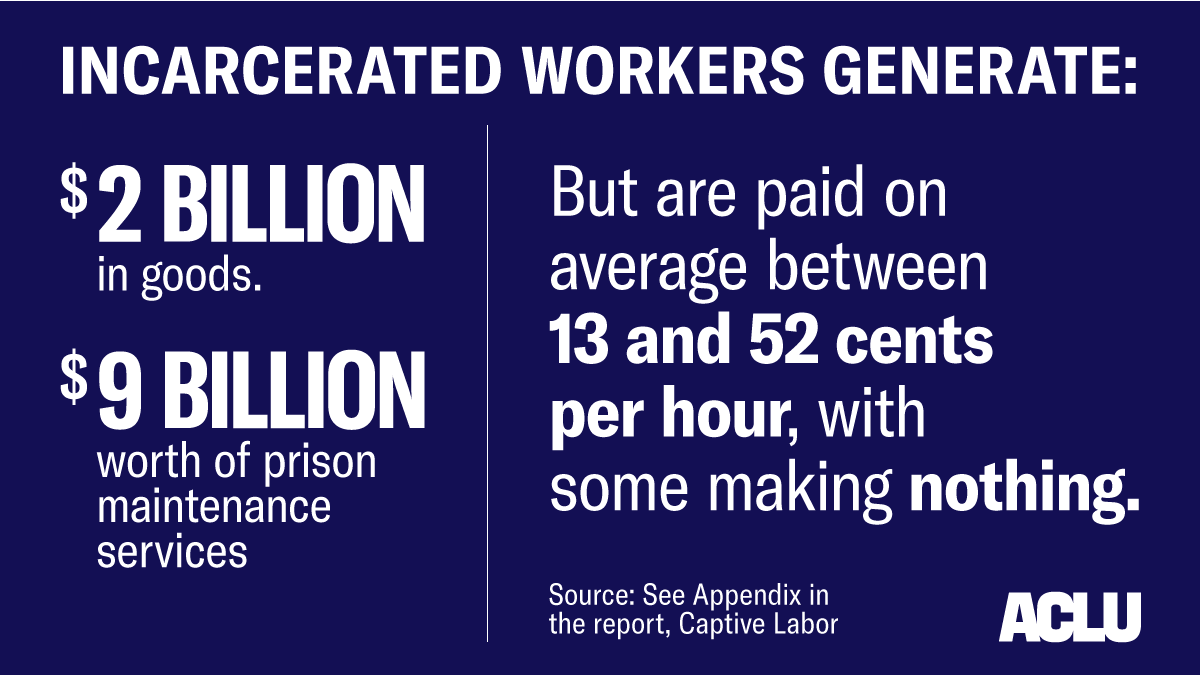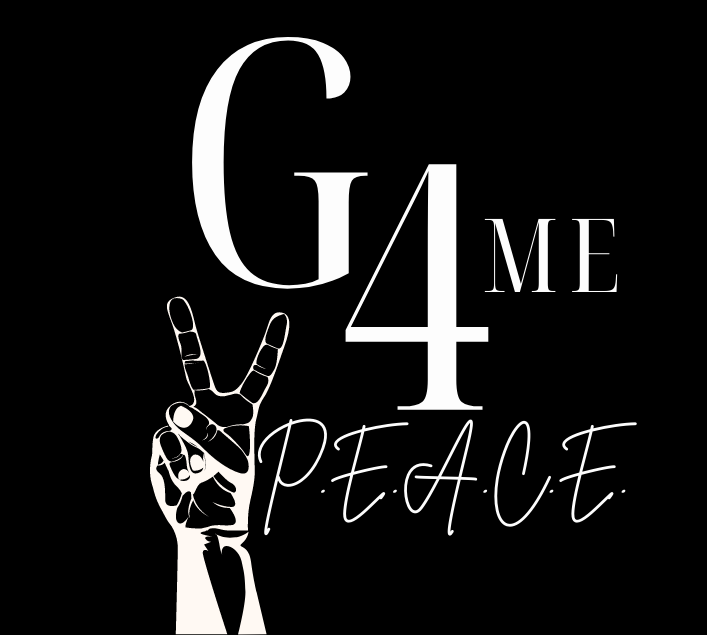Modern-Day Slavery: Alabama’s Prison System Exploiting Incarcerated Labor for Billions By Gabrielle Nicole, News Correspondent
Modern-Day Slavery: Alabama’s Prison System Exploiting Incarcerated Labor for Billions By Gabrielle Nicole, News Correspondent

(Pennsylvania) Alabama’s prison system is a modern-day embodiment of slavery, where the state generates billions of dollars by forcing incarcerated individuals into unpaid or underpaid labor, stripping them of basic human rights and dignity. What should be a place for rehabilitation and justice has become a profit machine, exploiting the most vulnerable for financial gain. This article sheds light on the grim reality of Alabama’s prison system—a reality where people, primarily poor and disproportionately Black, are trapped in a cycle of imprisonment and forced servitude, working endless hours without pay and suffering under horrific conditions.
The Backbone of Alabama’s Economy: Forced Labor
In Alabama, prisoners are often forced to work grueling hours without pay, or for wages as low as a few cents per hour. These individuals, many of whom are serving sentences for minor offenses, find themselves working in factories, farms, and other industries that turn profits for the state and private corporations. In many cases, they work seven days a week, with no days off, no holidays, and no regard for their well-being.
This forced labor goes beyond punishment; it is exploitation at its core. Corporations and state entities enter into contracts with prisons to get access to cheap labor, reaping immense profits while the incarcerated are treated as disposable. Alabama has turned its prisons into a modern-day plantation system, where human beings are worked to exhaustion to generate billions for the state.
The Brutal Reality Inside Alabama’s Prisons
The conditions inside Alabama’s prisons are horrific, and the exploitation of labor is just one part of the larger picture. Overcrowded, unsanitary, and violent, these prisons resemble war zones more than correctional facilities. Inmates live in cramped quarters, with little access to clean water, sufficient food, or medical care. Violence is rampant, both between prisoners and at the hands of guards. Many are left to suffer from untreated injuries and illnesses.
Prisoners who are injured on the job are rarely given the proper medical attention they need, and those too weak to work are often left to suffer in silence. The labor itself is physically demanding, whether they are picking crops in scorching heat or assembling products for private companies. Their bodies are pushed to the limit, and when they break, there is no safety net. Alabama’s prisons are indifferent to the pain and suffering of those incarcerated—they are only concerned with profit.
The Hidden Profit of a Broken System
The prison labor system in Alabama generates billions of dollars annually, but this money does not go toward improving prison conditions or rehabilitating those who are incarcerated. Instead, it lines the pockets of private companies, state officials, and the prison system itself. The people forced into this labor see none of the profits, and the system is designed to ensure they remain trapped in it.
Mandatory minimum sentences, parole denials, and excessive court fees keep people incarcerated far beyond the time they should serve. And once they are in the system, it becomes nearly impossible to escape the cycle of exploitation. Prison labor has become a vital part of Alabama’s economy, and the state has every incentive to keep its prisons full, even if it means targeting the poor and marginalized.
Psychological and Physical Toll
The toll of this exploitation extends beyond the financial. The physical and psychological effects of being forced to work in such brutal conditions are devastating. Many inmates suffer from severe depression, anxiety, and trauma from the constant violence, fear, and dehumanization they face. The sense of hopelessness is pervasive, as there is no end in sight for those trapped in this cycle of exploitation.
Physically, inmates are worn down by years of hard labor without proper care or rest. Malnutrition, exhaustion, and untreated injuries are common, and many prisoners die prematurely from the sheer brutality of their existence. For many, their prison sentence becomes a death sentence, as they are worked to death in conditions that no human should ever have to endure.
A System of Modern-Day Slavery
The 13th Amendment to the U.S. Constitution abolished slavery, but with one glaring exception: it allowed slavery as punishment for a crime. Alabama’s prison system has taken full advantage of this loophole, using incarcerated individuals as a source of free labor to generate profit. This system disproportionately affects Black and poor communities, keeping them trapped in a cycle of poverty and imprisonment, much like the sharecropping systems of the post-Civil War South.
For those incarcerated in Alabama, there is little hope of escaping this modern-day slavery. They are kept in prison longer than necessary, forced to work for free, and denied the basic rights and protections that every human deserves.
The Call for Change
Reformers and activists have been calling for an end to the exploitation of prison labor for years. Yet, change has been slow in coming. Alabama remains resistant to reform, even as the conditions in its prisons grow worse and the exploitation of human labor continues unchecked. Advocates are pushing for changes to the law that would close the 13th Amendment loophole and put an end to forced prison labor, but the fight is far from over.
Until the state of Alabama acknowledges the humanity of those it incarcerates and stops profiting from their suffering, its prisons will remain a modern-day plantation, where human beings are worked to the bone for profit.
Alabama’s prison system is a horrific example of how far the U.S. has yet to go in addressing the deep-rooted injustices in its criminal justice system. By exploiting incarcerated individuals for profit, the state perpetuates a system of modern-day slavery, where human lives are commodified and devalued. The fight to end this exploitation is ongoing, and the voices of those trapped in this system must be heard. It’s time for Alabama, and the nation as a whole, to reckon with the horrors of its prison system and demand justice for those who have been silenced for too long.


